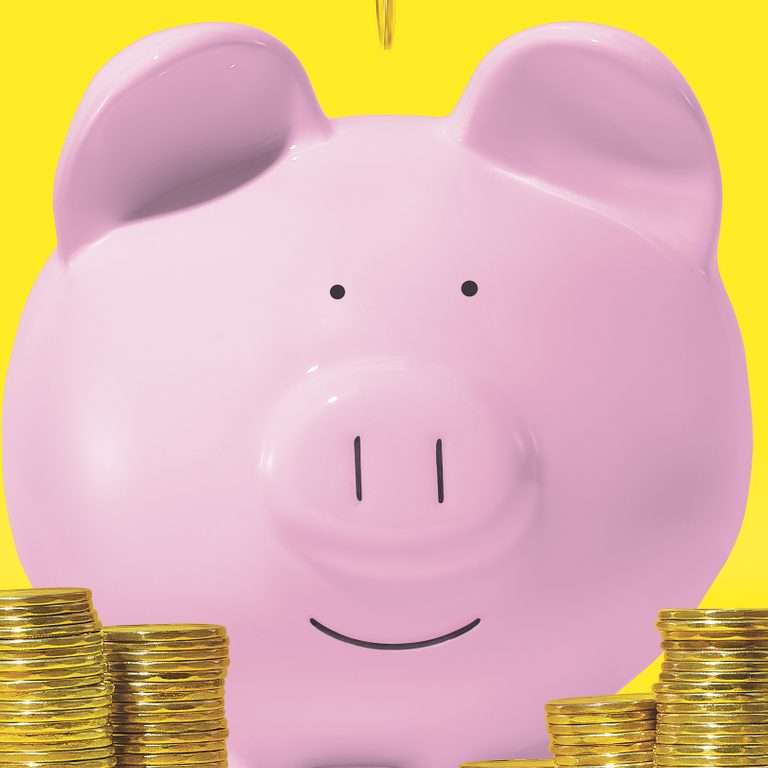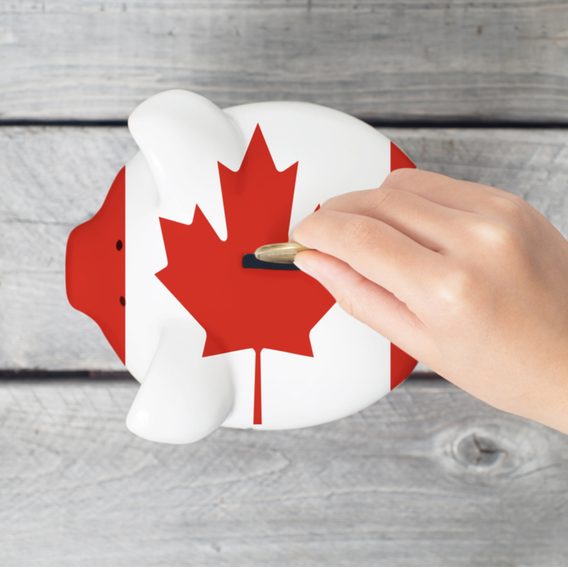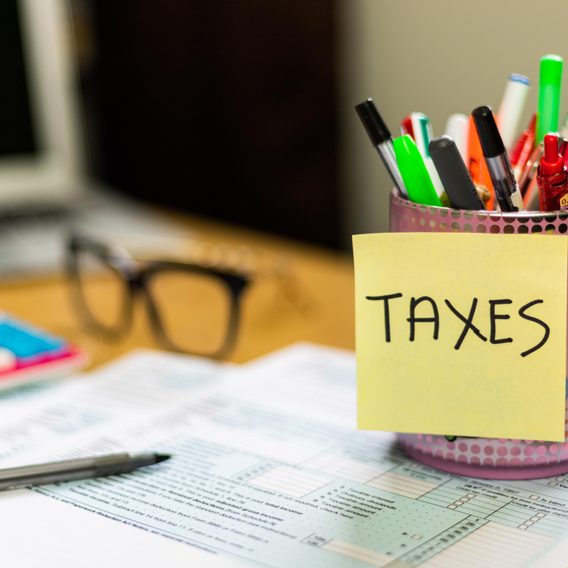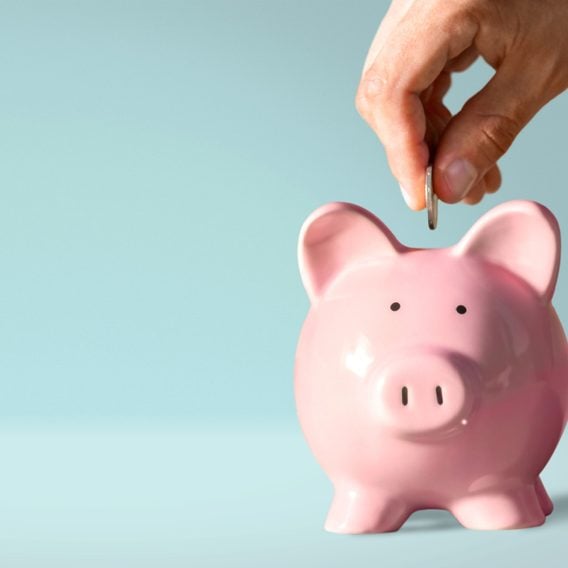
50+ Proven Strategies to Save Money
Looking to save more cash in the new year? Our thrifty guide will help you keep your money in the (piggy) bank.

100+ Work Cartoons to Help You Get Through the Week
Take a break and laugh with our collection of Reader's Digest cartoons.

Dragons’ Den Products That Are Actually Worth It
Here are the memorable products that struck gold with Canadian consumers.

10 Amazon Prime Benefits You Might Not Know About
You can read books for free, download award-winning movies and even access premium streaming channels.

How to Buy and Sell Secondhand During the Pandemic
From online marketplaces to no-contact yard sales, these tips and tricks will keep you safe—and help you save money.

Things You Didn’t Know Were Cheaper in the U.S.
From budget-friendly toiletries to electronics, here’s a Canadian’s shopper’s guide to what to buy in the USA.

11 Ways to Lower Your Hydro Bill This Season
Our energy use (and bills) tend to soar as the mercury plummets. These tips can help you keep the ever-increasing...

These Are the Absolute Worst Passwords For Online Security
If any of these passwords look familiar, you’ll want to change your settings immediately—or risk having your account hacked.

10 Money-Management Podcasts Worth Adding to Your Playlist
Want to learn more about financial management? These podcasts will make you a money maven in no time!

11 Garage Sale Finds You Should Never Pass Up
Consider this your secondhand shopping list throughout garage sale season!

15 Money Mistakes That Are Costing You Thousands
Want to curb your spending once and for all? Stacy Yanchuk Oleksy, director of education and community awareness at the...

This is What’s Wrong With Canada’s Tax System
Dreading tax season? According to Toby Sanger, executive director of Canadians for Tax Fairness, we've all got good reason.

What Everyone Forgets When It Comes to Estate Planning
Sure, you've got your physical assets accounted for, but have you considered the digital assets you've accumulated, including reward points?

How to Find the Cheapest Gas Station Near You
Nobody wants to pay more for fuel than they have to—here’s how to save.

11 Secrets Financial Advisers Want You to Know
Even if you're saddled with debt, a financial adviser can help you work towards your money goals. Before your first...

12 Things You’re Not Claiming on Your Taxes—But Should Be
These little-known credits and deductions can make a significant dent in the amount you owe.

Zellers Will Be Returning to These 25 Locations Across Canada
From coast to coast, the beloved brand is staging a comeback near you.

How to Haggle Like a Pro
Whether you're in the souks of Marrakesh, a yard sale in Moncton, or the farmers' markets of Montreal, there's an...

Never Use Your Debit Card to Pay For This
Putting these types of purchases on your debit card could cost you in the long run.

Retirement and You: 5 Questions It’s Time to Ask
The earlier you start retirement planning, the better.

The Best Apps to Save Money on Groceries
Food prices are skyrocketing. Smart shoppers are saving money with these shopping apps.

This is the Best Time to Buy a Christmas Tree in Canada
Planning your annual trip to the Christmas tree lot? If you're looking to score a great deal, this is the...

How to Protect Yourself When Shopping Online
Online shopping can be convenient, cost-effective and safe—provided you take certain precautions before making your purchase.

10 Online Scams You Need to Be Aware Of—and How to Avoid Them
Swindlers may be following your every tweet and post, looking for a chance to fleece you. Here’s how to confound...

Why You Should Think Twice Before Choosing Same-Day Delivery
On-demand delivery may be convenient, but according to Carolyn Kim, transportation planner and senior director at the Pembina Institute, we're...

If You Ever Hear This 4-Word Phrase When You Pick Up the Phone, Hang Up Immediately
Hint: You'll recognize this phrase from commercials.

Identity Theft is on the Rise Across Canada—Here’s How to Protect Yourself
More than 35,000 Canadians are the victims of identity theft every year. Beef up your security with these five strategies.

50 Totally Painless Ways to Save Money Every Day
It's never been tougher to stick to a budget, but these thrifty tricks add up to big savings.

Why Is Canada’s Inflation Rate So High—And Will It Come Back Down?
We asked Dalhousie University economics professor Talan Iscan for insights into the causes of Canada's inflation rate increases.

13 Tricks to Cut Down on Summer Utility Bills
Don't sweat it: Our money experts divulge their favourite strategies to save on summer utility bills.

7 House Hunting Tips for Canadian Homebuyers
From shingles to foundations, here's what home inspectors want you to watch out for.